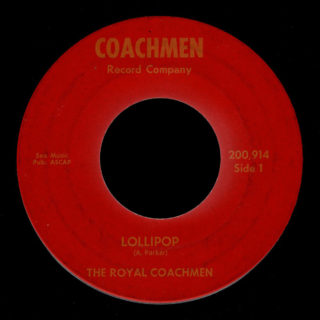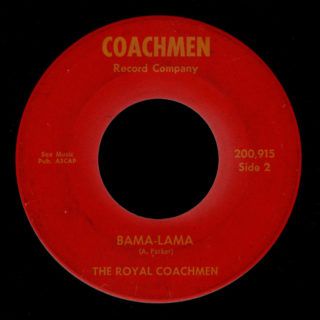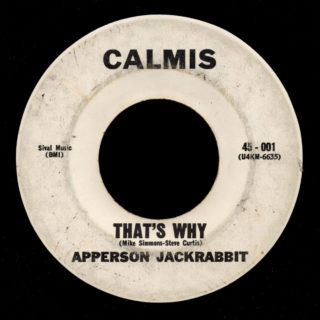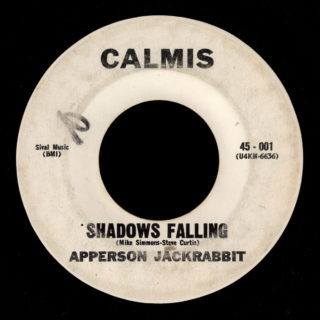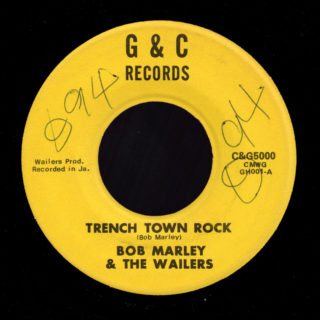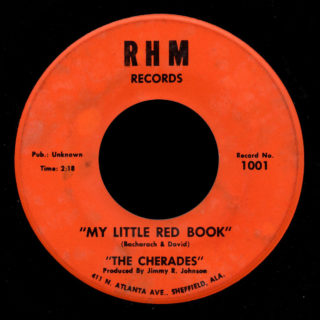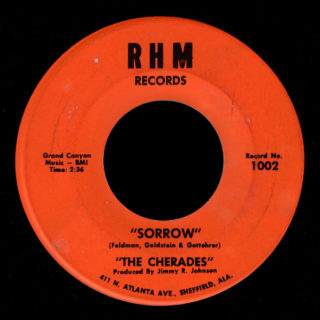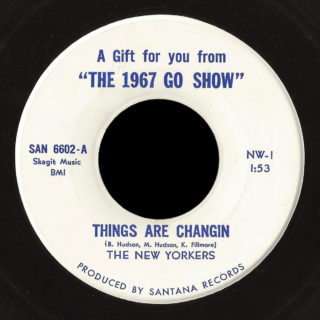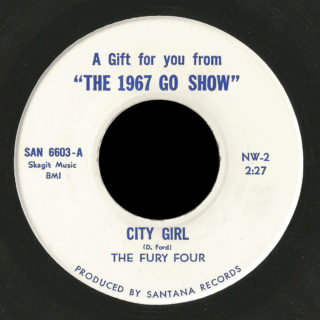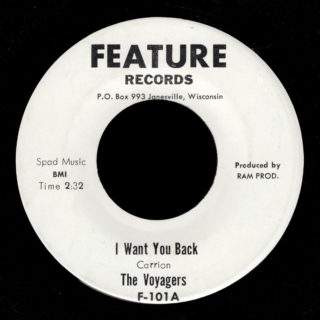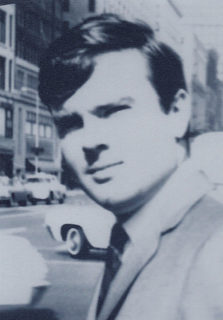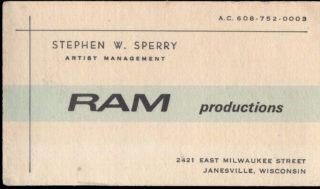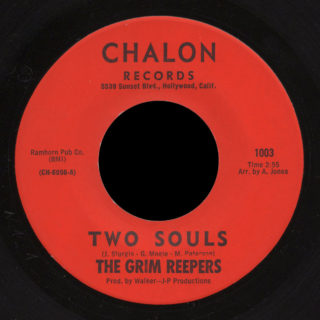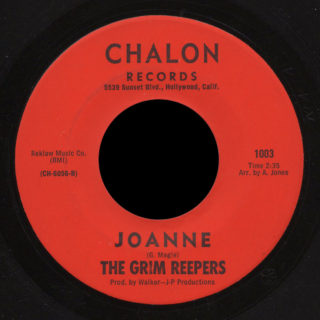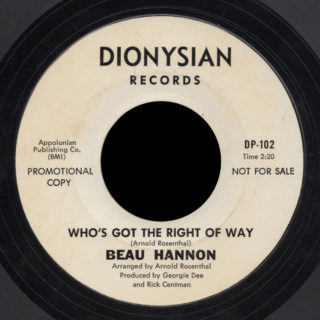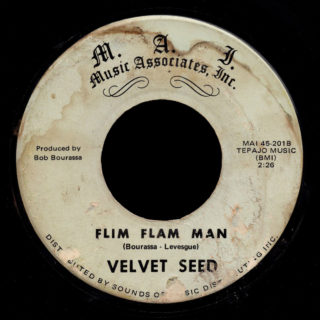
The Velvet Seed started in Rumford, Maine. Members were Joyce Gallant, David Gallant, Jim Archer, Don Levesque and Mike Arsenault.
I couldn’t find info on the Velvet Seed until Mike Ronan Sr. commented below. I read they were from Sanford, Maine, and Max Waller wrote they had several unreleased songs including a version of the Byrds “Feel a Whole Lot Better”, but the publishing and distribution on their single point to Massachusetts connections.
Bob Bourassa produced the single and wrote the A-side, “Sharon Patterson” and co-wrote the great “Flim Flam Man” with Donald Levesgue (BMI has it as Donald Loveque, though I think should that be Donald Levesque).
Robert Guy Bourassa has one more credit in BMI’s database, “Believe Me” with Angela M. Puzzuoli, but I see by comments below that this is a different Bob Bourassa.
The single was released on Music Associates, Inc. MAI 45-201 in November 1968 (this is not the M.A.I. label from Kentucky).
Tepajo Music publishing and Sounds of Music Distributing, Inc. are also listed on the label. These have several tangential connections to the Velvet Seed’s single.
Listings for Tepajo first appear in 1964, with an Arlington, Massachusetts address. In August 1969, Billboard’s Buyer’s Guide lists “Tepajo Music (BMI) div. of Big Yellow Productions, Inc. 63 Main St., Maynard, MA 01754, Pres.: Bruce Patch; Gen. Mgr.: Robert J. Jordan”.
If Tepajo includes “pa” from Patch and “jo” from Jordan, then can I assume “Te” must stand for Teddy Dewart of Teddy & the Pandas?
Bruce Patch has an extensive list of production credits, including most of the Teddy & the Pandas singles on Coristine, Musicor and Timbri record labels and the Timothy Clover LP on Tower. “Tea-Pot Production” is likely also Patch.
Tepajo did some eclectic song publishing, including Stark Reality’s ”Say Brother” and Bonnie Floyd And The Original Untouchables ”I’m So Lucky”, both on the Big Yellow label (also with Sounds Of Music Distributing Inc. credits).
I notice most of the record companies Patch was involved use yellow for their labels’ background color. This is true of Coristine, Timbri, and Big Yellow.
On August 9, 1969, Record World and Billboard both mention Tepajo publishing as being housed with Buck Spurr’s Oracle Records in Brookline, MA. I have not found Patch’s name in the credits of Oracle Records, which is most notable for releasing singer Jimmy Helms, and the Brother Fox And The Tar Baby LP.
OK, a lot of dead ends, but the story of the Velvet Seed is out there somewhere.
Anyone have photos or info on the group?
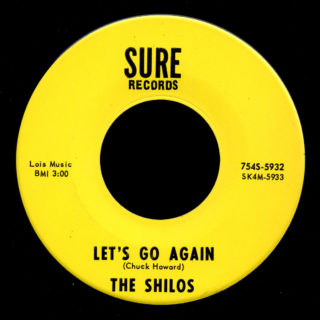 The Shilos had only one single, featuring the fine r&b sounds of “Let’s Go Again”, released on the Sure Records label in the second half of 1965.
The Shilos had only one single, featuring the fine r&b sounds of “Let’s Go Again”, released on the Sure Records label in the second half of 1965.


